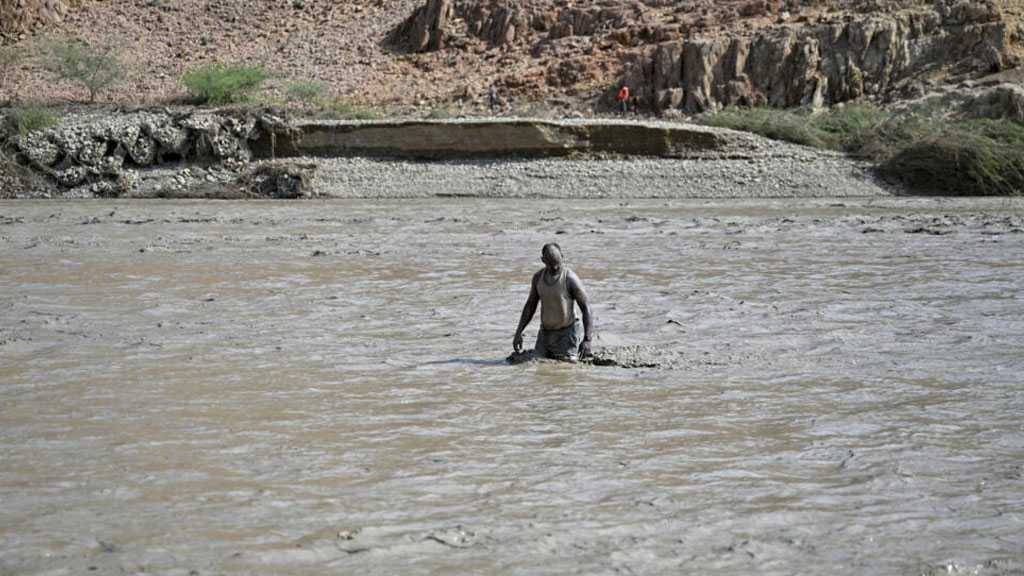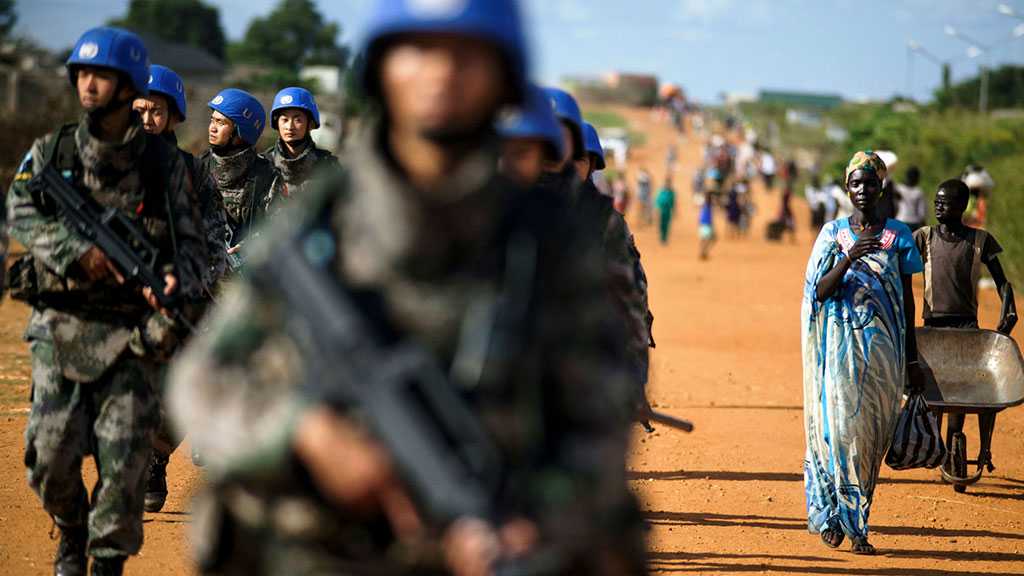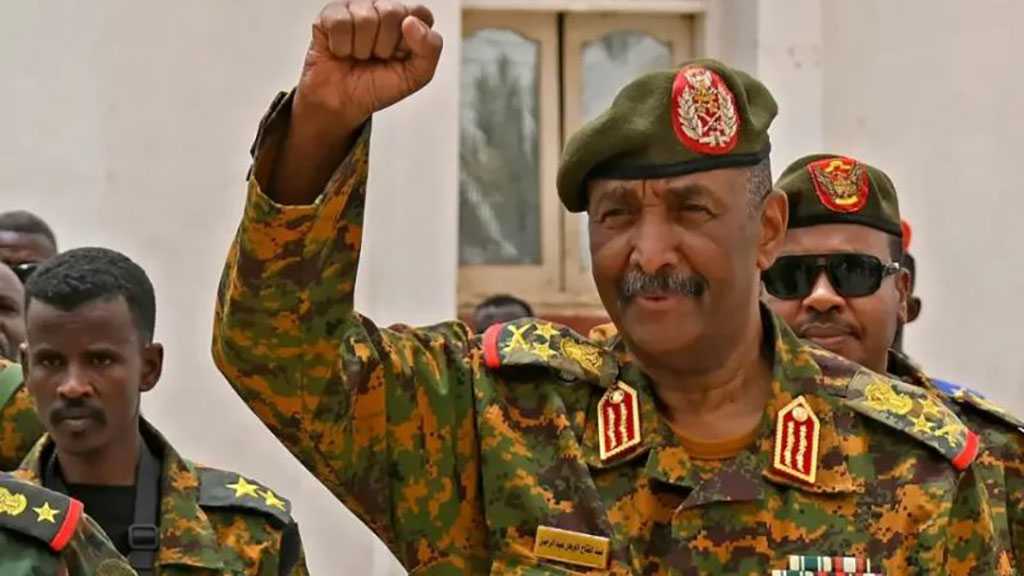Famine Stalks South Sudan
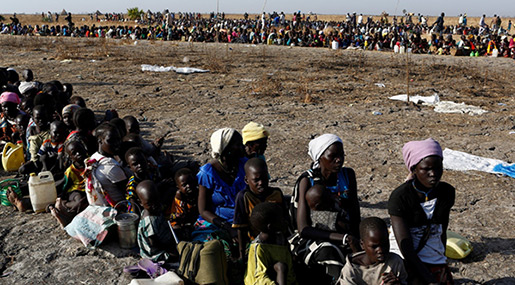
Local Editor
In the catalog of horrors afflicting the world's most hellish places, South Sudan can check about every bloodied box. More than four years of civil warfare has left tens of thousands dead, two million displaced, half the population at threat of starvation without aid and a trail of atrocities - genocide, child warriors, burned villages... And now, warns the United Nations, famine stalks the tortured land.
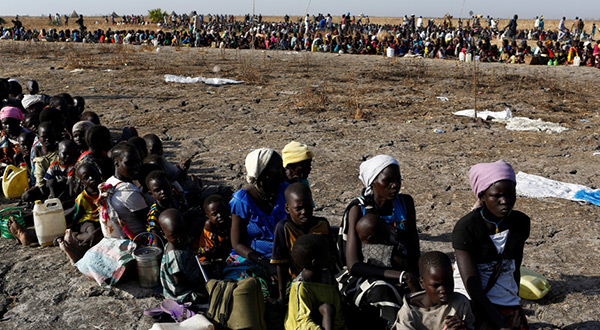
A recent report by the UN and the South Sudan government said 150,000 people could slip into famine this year. A formal famine declaration means people have already started to starve to death. But even with food aid, humanitarian workers warn, much of South Sudan could face severe hunger by May. And the UN response plan has received less than 4 percent of its 2018 funding.
A year ago, South Sudan declared famine in two regions, but international responses checked it. Even if that were repeated this year, famine will be a threat in the future unless the land's predatory soldiers are driven out. This is caused by the struggle for power and loot, not by nature.
With so many conflicts around the globe, it is not surprising that those like South Sudan's attract attention only when they rise to horrific levels. But South Sudan has the dubious distinction of being the world's youngest state and the one most likely to fail. The latter status is bestowed by the Fund for Peace, a nongovernmental organization that compiles an annual Fragile States Index listing countries most vulnerable to collapse.
Even more salient is that the United States bears a special responsibility. During the long civil war between northern and southern Sudan, which Christian groups in the United States came to perceive as a struggle of Christians in the south against Muslim oppression from the north, Washington brokered an agreement that led to independence for South Sudan in 2011 - along with billions in American aid.
It all unraveled into ethnic warfare less than two years later, when President Salva Kiir, a member of the majority Dinka group, turned on his former vice president, Riek Machar, a Nuer. Other tribes joined in, setting off a senseless war that has defied numerous agreements and cease-fires. Its illusions shattered, the US recently called for a UN Security Council arms embargo, while the American ambassador to the UN, Nikki Haley, declared that Washington had "given up" on Kiir.
An arms embargo is a must, and the United States must continue to press for one in the Security Council. Washington should also continue to lead the way in providing emergency assistance. Beyond that, it would be good if European donors and the African Union joined Haley in letting Kiir, and Machar, know that they are far too big a part of the problem to ever become part of the solution.
Source: NYT, Edited by website team
Comments
- Related News

